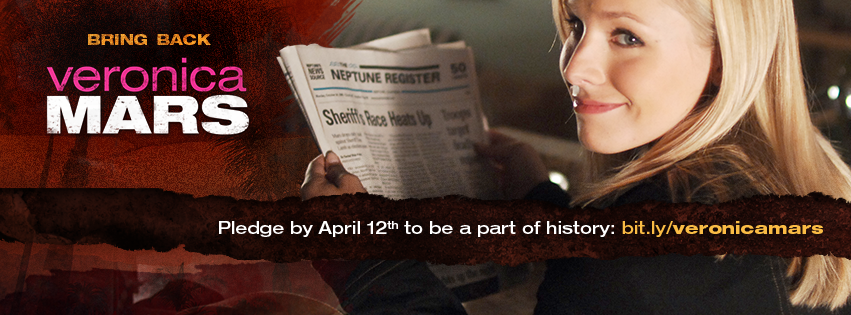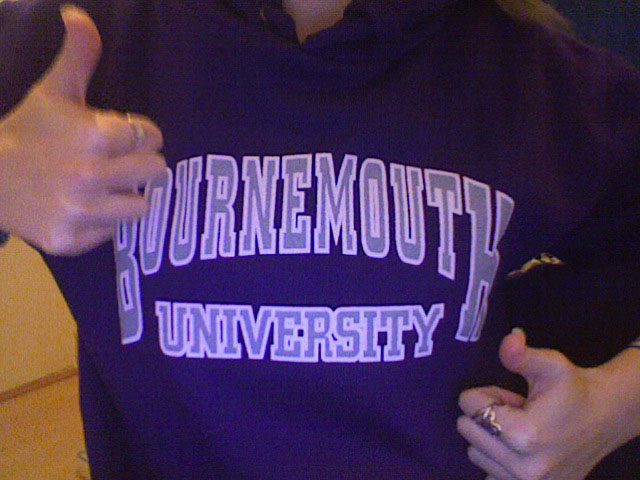Everyone writes differently. There are definitely no right or wrong ways to get words down on the page – there are certain standards and formats that you can use to your advantage, to present yourself as knowledgable and professional. The most important thing you can do is figure out what works for you – then stick to it. There’s no point in forcing yourself to write the way someone else does it, just because they do it that way. Try new ways to set up structure or pull out story, sure, but if it doesn’t work for you, don’t be afraid to say that it doesn’t work for you and go back to what you’ve always done.
I write comedy. It’s a bit of a beast, comedy, because there are so many different types. There’s romantic comedies, action comedies, balls out comedies, sitcoms, sketches, radio, television, film – it goes on and on and on. My style isn’t about having a huge belly laugh every minute, mine is about making people laugh with a touch of humanity – something to think about at the end.
As a result, my first drafts aren’t always so funny. I have to resist the urge to go back and tear everything apart in my early drafts – but this gets easier the more I write, as I know that I’ll probably tear it all apart in rewrites anyway. The first few drafts are all about getting the story right. The comedy comes later – there are always a handful of jokes in the early drafts but I’m more concerned about character arcs and plots instead of making people laugh. If jokes are there, it’s because they’ve happened naturally when I’ve written them.
The key thing I’ve found for me is to give myself permission for my work to not be bang on the first time around. It’s okay if it’s not perfect – that’s what multiple drafts are for. I can do a lot of work beforehand – outlines, scene by scene breakdowns – to make sure that the structure will do what it’s supposed to in the early drafts (and, I say ‘a lot of work’ but I know that I, personally, do less figuring out everything beforehand and let a lot of things happen on the page), but I need to remember that writing is a process, not a science. It’s part of the process to change, shape and mould things as you go along.
Another key thing I’ve learnt about myself as I write is that you have to trust yourself to be ruthless. You need to trust your instinct. Where does your script begin to soar? That’s most likely your strongest part. Where, when you re-read, do you feel like it’s still a bit of a slog? That’s likely a part that needs work. Don’t be afraid to acknowledge this. I find that looking back over my core idea for the scene and simplifying is a great way to cut extra weight. Likewise, getting out of scenes early and starting them late. The more scripts I read, the more I realise that this is really vital.
Once I’ve got the structure locked, the story strong, that’s when I start to do passes on the jokes. There will always be some in my early drafts – some I’ve worked out in an outline or a breakdown, some have happened on the page as I wrote. But they’re probably not the greatest jokes. Sometimes they are and they make me laugh like mad, so I’ll leave them in. Other times, they’re not working for the comedy as well as they should and so I analyse the scene, the character, the line and see what I can do to up the laughs and ramp up the hilarity.
I’m lucky in that I have a great co-writer who has a nose for comedy. That means that we can talk about scenes together and we’ll always end up throwing around new jokes, ideas, trying to keep the ball rolling until we hit the wall and then come up with a few more. Even on our individual projects, we work together in feedback on drafts, to try and bring the best out of the script.
Right now, I’m doing a first draft of our sitcom pilot. It’s been planned, written, torn apart, re-written. We’ve hit character problems, created new backstory, found new running jokes, developed new storylines. We’ve tried different structure formats to make the spine strong, started outlining and hit problems. Now, we’ve gotten to the point where we’ve an outline we feel good about and I’ve started the new first draft this week. And I just wanted to note this somewhere – that it’s okay for this draft not to be particularly hilarious; I trust Anton and I to enhance the comedy in later drafts. These early drafts are all about structure, story and character. Without those three, you’ve only got ink on a page or pixels on a computer screen. And that’s not all writing is. Writing is about emotion. Emotion comes out of characters you can relate to and a story you enjoy. And you can’t have either of those things without a solid story structure.
Right. Good little pep talk. Back to it.

